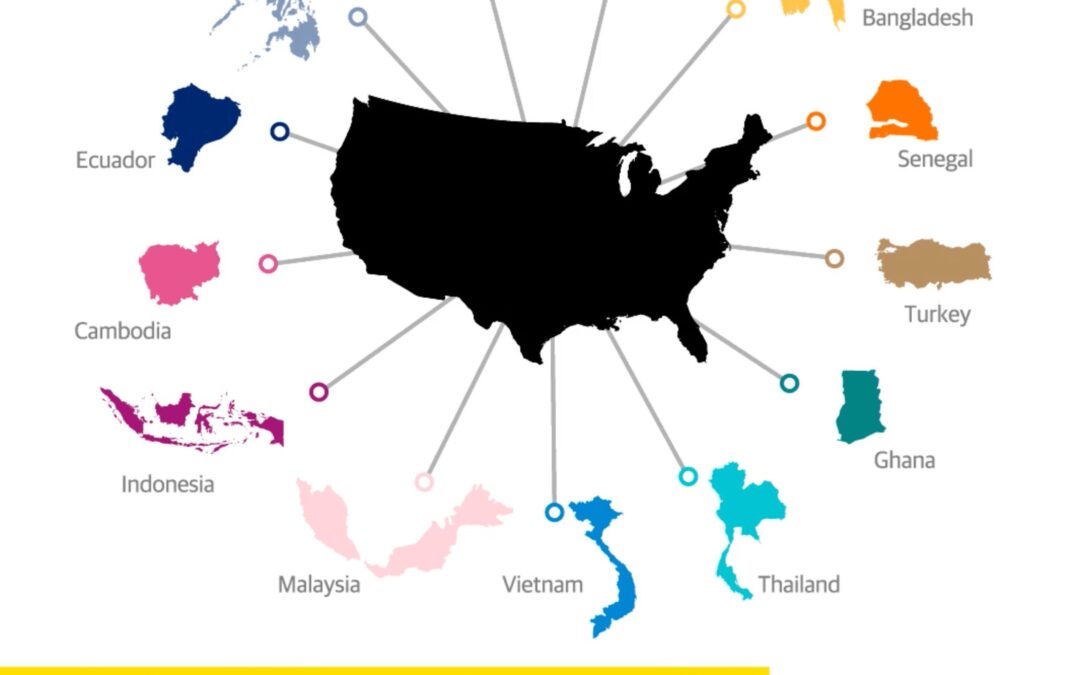A report published by The Guardian last day, each month, about 10 ships pull into the ports of Istanbul and Adana, carrying about 2,000 tons of cheap US scrap plastic that is no longer wanted by China.
Most of it comes from the ports of Georgia, Charleston, Baltimore and New York. Some of it is described in shipping records as “Walmart film scrap”, the clear cling wrap used to secure huge pallets of products sold by Walmart. (Walmart declined to comment on the issue.) These cargo ships join dozens of others from the UK and other European countries.
Their arrival is closely watched by Turkey’s scrap pickers, who number in the hundreds of thousands and travel the streets collecting scraps from houses and businesses to resell to factories for manufacturing into products such as plastic bags.
Now, the scrap pickers say, the factories are buying cheaper and cleaner plastic from the foreign recycling coming in on ships. Piles of their unsold, locally collected plastic are building up in urban storage yards. They have organized a campaign to stop the flood of foreign plastic, getting friends who work in the port to take videos of materials being offloaded and conducting their own ad hoc investigations.
“There are 500,000 street collectors in Turkey, working almost like ants to collect the waste,” said Baran Bozoğlu, head of Turkey’s Chamber of Environmental Engineers. Yet he said the “uncontrolled and unlimited” import of foreign recycling was leaving these local recyclers without markets for the scrap they collect. “It’s like we have flour and water and, instead of making our own bread, we import bread from abroad! Does that make any sense to you?’
Every day, Eser Çağlayan, 33, wheels his giant white collecting bag through a booming business district along the shores of the Bosphorus strait, hunting for treasures that people throw out, along with the usual plastic and paper scraps. In the past, Çağlayan, a 20-year-veteran of the scrap-picking trade, was able to feed his family of five with the $800 or so he made every month. But this year, he said, his income was down by about a third due to the competition from cheap, imported recycling.
‘‘I want to tell people in US this: recycle in your own yard,” he said. “Don’t bring down our income and put us all in danger of hunger.’’

Source: https://www.theguardian.com/us-news/2019/jun/17/recycled-plastic-america-global-crisis

